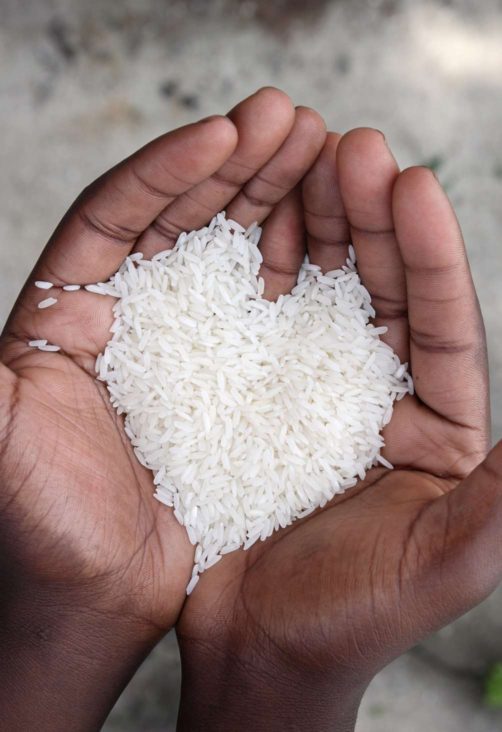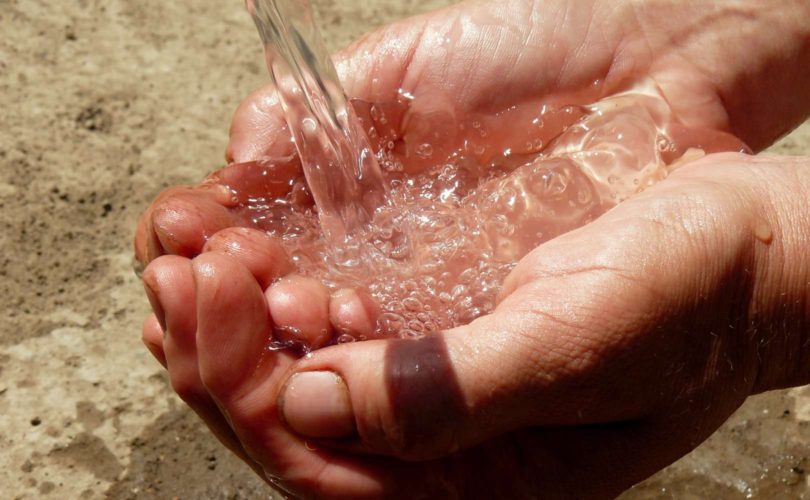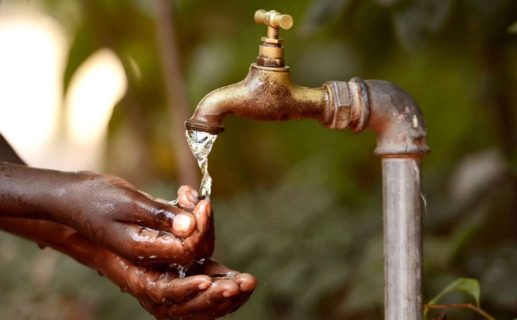For others
I was shocked to discover that meat consumption contributes to people in other regions of the world not having enough to eat. I was devastated to hear that every 10 seconds a child dies from malnutrition. How can that be?
Food
In 2014, the Food and Agriculture Organization of the United Nations (FAO) reported that nearly 805 million people were chronically malnourished in 2012-14. In other words, every 9th human being does not have enough to eat.
Our meat consumption is partly responsible for this. Approximately 80% of global soy and 40-50% of global corn crops are fed to animals in factory farms instead of feeding those suffering from malnutrition.
The world’s population has reached 7.5 billion. It is even estimated that if corn was distributed equally around the globe, 3 billion people, in addition to the current world population, could be fed.



Yet, instead of distributing the sufficiently available plant food more efficiently and equitably, it is fed to Western nations’ so-called “farm animals” to enable meat consumption to more privileged world citizens.
If everyone on Earth followed a Western diet, we would need a second planet to satisfy this demand. But we only have one and will have to share it with more and more people.

When I shower, I’m careful to waste as little water as possible. Now I know that I can save even more water simply by replacing meat and other animal products with plant-based alternatives. For example, it takes nearly 2,000 gallons of water to make just 1 pound of beef. The same amount of potatoes takes only about 30 gallons of water!

Water
Meat and dairy production use up enormous quantities of water. Water is a valuable, limited resource.
There are severe water shortages in some regions of the world. Yet, on a global scale, we spend one third (30%) of all available fresh water resources on the production of meat and dairy products.

Wasting such a vitally important resource seems almost criminal in the face of estimations. Approximately almost 650 million people do not have access to clean drinking water.
Not having clean drinking water available may be lethal for these people, in particular children, as they die from easily treatable Diarrhoeal diseases.
Tragic deaths could be prevented by a more just distribution of drinking water.

Try Plant-based Today


